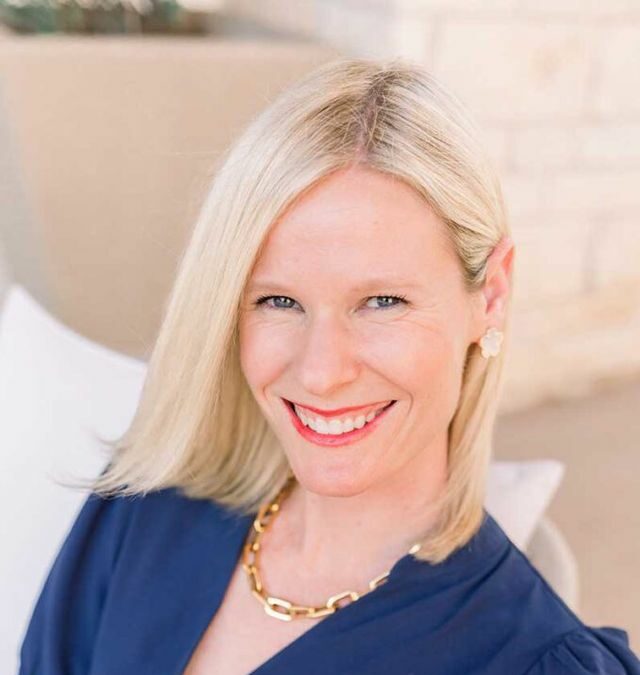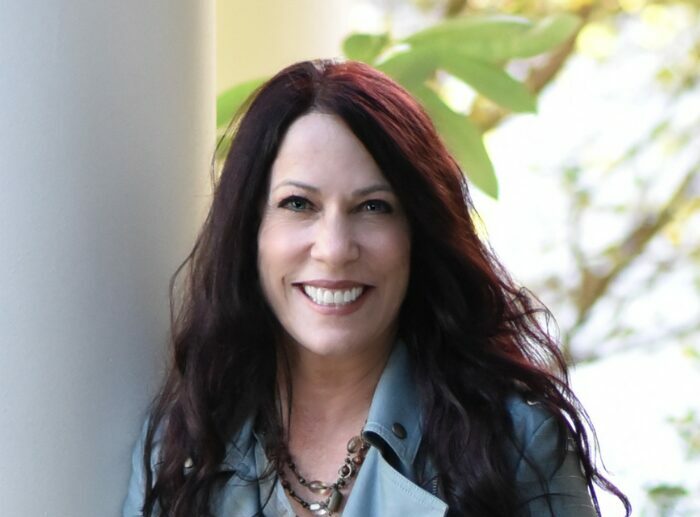We’re excited to introduce you to the always interesting and insightful Tiffany Nixon. We hope you’ll enjoy our conversation with Tiffany below.
Tiffany, so great to be with you and I think a lot of folks are going to benefit from hearing your story and lessons and wisdom. Imposter Syndrome is something that we know how words to describe, but it’s something that has held people back forever and so we’re really interested to hear about your story and how you overcame imposter syndrome.
Imposter syndrome is the worst!
It’s deeper than the fear of being judged; it’s the fear that their judgments might be right.
So we end up condemning ourselves before anyone else gets a chance to.
It shows up when we’re afraid of seeming imperfect, or like we don’t have it all together, or don’t have all the answers.
But perfection is an illusion, and impostor syndrome is the lie that keeps us from reaching for the stars.
To be honest, I struggled with impostor syndrome most of my life. I can’t say it never rears its ugly head… sometimes it even tries to disguise itself as humility. But underneath, it’s still just fear. The difference now is that I’ve learned to recognize it, even challenge it, and it shows up far less than it used to.
I was 20 years old when I said it out loud for the first time. I told my pastor, “I want to be a speaker someday.” And without missing a beat, he said, “Why would anyone listen to you?”
That moment landed like a gut punch. I sat there in silence, not having an answer. I carried that sentence with me for years. It echoed each time I thought about showing up, speaking out, taking up space. But the worst part wasn’t that he said it; it was the fear that he might be right. Maybe I’m not enough. Maybe I am just pretending.
The truth is that voice wasn’t new to me. It had been growing for a long time. And I believe that’s the case for most people who experience impostor syndrome. It’s not a new fear, it’s an old wound. Because by that time, I had already internalized many beliefs planted in childhood that said I wasn’t enough.
Growing up, inconsistency was the only type of consistency I knew. Family drama and shifts in dynamics were the norm. We moved more times than I can count, and even experienced homelessness for a short time. I attended 17 different schools along the way. Always the new kid. Always reinventing myself to blend in. I was made fun of. I was awkward. And I was always failing. You see, on top of all the disruptions, I had ADHD. I couldn’t focus, couldn’t keep up. But I didn’t know why. So, I just believed I was stupid.
At 16, I dropped out of school. Not because I didn’t care, but because I was drowning! Between the instability and the emotional pressure I carried at home to take care of my mom and sister, I was done.
Yet even then, I wouldn’t give up. After a short break, I worked full-time to pay for an alternative program, caught up, and eventually graduated from a small private school. Not to prove myself, but to reclaim a bit of myself I believed was capable of more.
I continued to learn and grow throughout the years. But even with all the tenacity it took to push through, I still felt like a failure. Because that’s the thing about impostor syndrome, it doesn’t focus on all you’ve done or how capable you are. It only points to your perceived flaws. Your gaps, your doubts, your shame.
So when I was 20 and heard those words, “Why would anyone listen to you?”, I simply believed they were true. In that moment, impostor syndrome tried to bury my purpose and my light.
But fast forward 25 years, and I am living the dreams I used to be too afraid to speak out loud.
The way I began quieting the voice of imposter syndrome wasn’t by becoming perfect or fearless. Education and certifications weren’t the fix either. Even after I did the work, it still felt like I needed more.
Change only came when I started challenging the story I was telling myself. I started noticing the lies when they showed up, and I began to look for the evidence against them.
I stopped trying to appear perfect or pretend I had all the answers, and started trusting my lived experience. I started showing up before I felt “ready,” even with shaky knees. I stopped trying to sound like someone else and started sounding like me. And confidence followed.
I also started asking better questions. Instead of wondering, “Am I good enough?”, I began asking, “How can I best show up for those still trying to find their voice?”
It became less about proving myself and more about being present for others. It was then I began to align more with my gifts and what I had to contribute, not out of arrogance, but with gratitude. With presence. And with a voice I no longer need permission to use.
Do I still wrestle with impostor syndrome? Sure… especially when stepping into something new or bigger. But now I recognize it for what it is. It’s not truth, it’s old conditioning. And now, I know what to do.
Today, when I think back to that moment when he asked,
“Why would anyone listen to you?”
I finally have an answer:
Because I lived it.
Because I’ve done the work.
Because someone out there needs what I carry.
Because I’m not here to impress; I’m here to connect.
And I’m not here to be perfect; I’m here to be real.
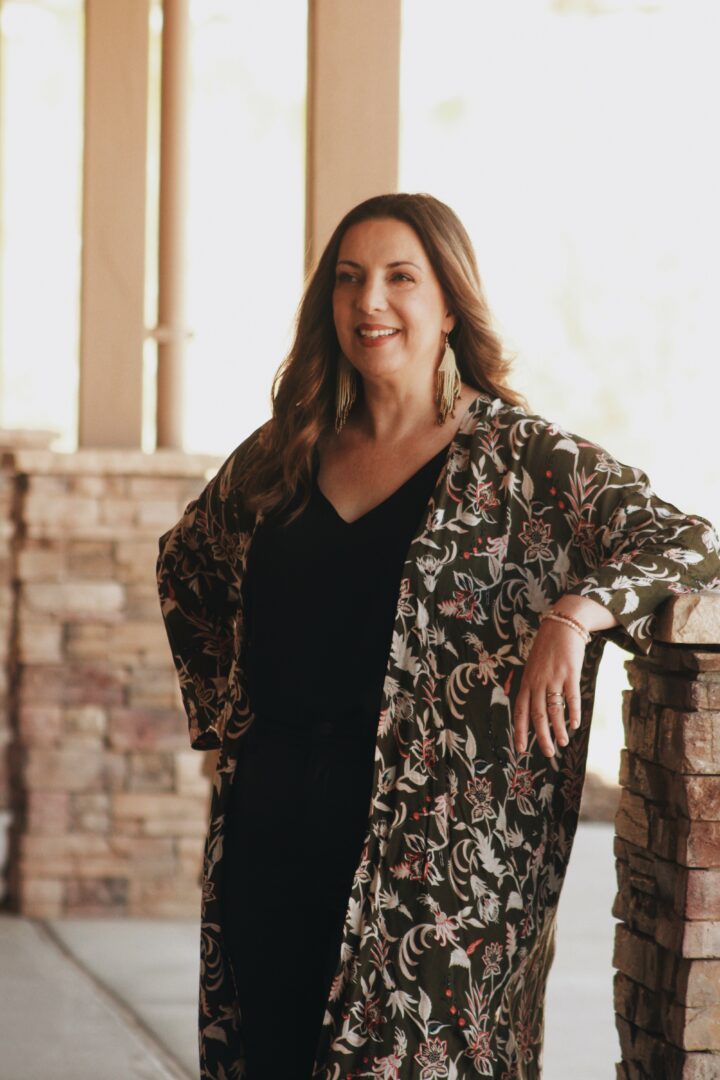
Appreciate the insights and wisdom. Before we dig deeper and ask you about the skills that matter and more, maybe you can tell our readers about yourself?
For as long as I can remember, I’ve been curious about what drives people and passionate about helping them see the value in who they truly are. Even as a kid, I’d line up my stuffed animals and give them little speeches of encouragement. I didn’t know it then, but life would take me on my own journey of hiding, performing, and eventually reclaiming who I was meant to be.
That path led me to become a certified coach and launch my business, Tiffany Nixon Coaching. It also inspired me to develop what I now call the Valuable Disruption Method, a process designed for people who’ve been living by everyone else’s rules. The ones who’ve performed, pleased, and perfected themselves right out of their own identity and confidence.
This method helps people get honest, break those old patterns, and reconnect with the truest version of themselves, not the one shaped by pressure, pain, fear, or other people’s expectations. It’s not about pretending to be confident. It’s about becoming real, finally showing up clear, grounded, and fully yourself.
What I do is less about fixing and more about freeing. And I count it a privilege every time someone lets me walk that journey with them.
I work with individuals from all walks of life: high achievers, moms figuring out who they are now, leaders who’ve outgrown the old rules, and those figuring out who they are after being told who to be. Recently, I’ve expanded to work with teams and organizations to help them align their mindset with their mission and create cultures where people feel alive, seen, and empowered to lead authentically. I’m also a speaker, and I love bringing these conversations to the stage, whether it’s a leadership event, women’s conference, or company culture workshop.
The anchor behind all that I do is my faith and the steady belief that we’re each created on purpose, with purpose. I’ve lived through instability, people-pleasing, and religious performance, and unlearning all of that fuels the way I coach, speak, and serve.
Looking ahead, I have several exciting projects in the works, including two micro-courses coming this July that I’ll be offering free to my community. You can stay in the loop by signing up for my biweekly newsletter. It’s bite-sized, bold, and designed to make you think.
At the end of the day, this work is personal to me. Because I’ve lived the gap between who I thought I had to be and who I really am. And now, I help others close that gap so they can stop performing and start living as the version of themselves they were always meant to be: fully aligned, fully confident, and finally free.
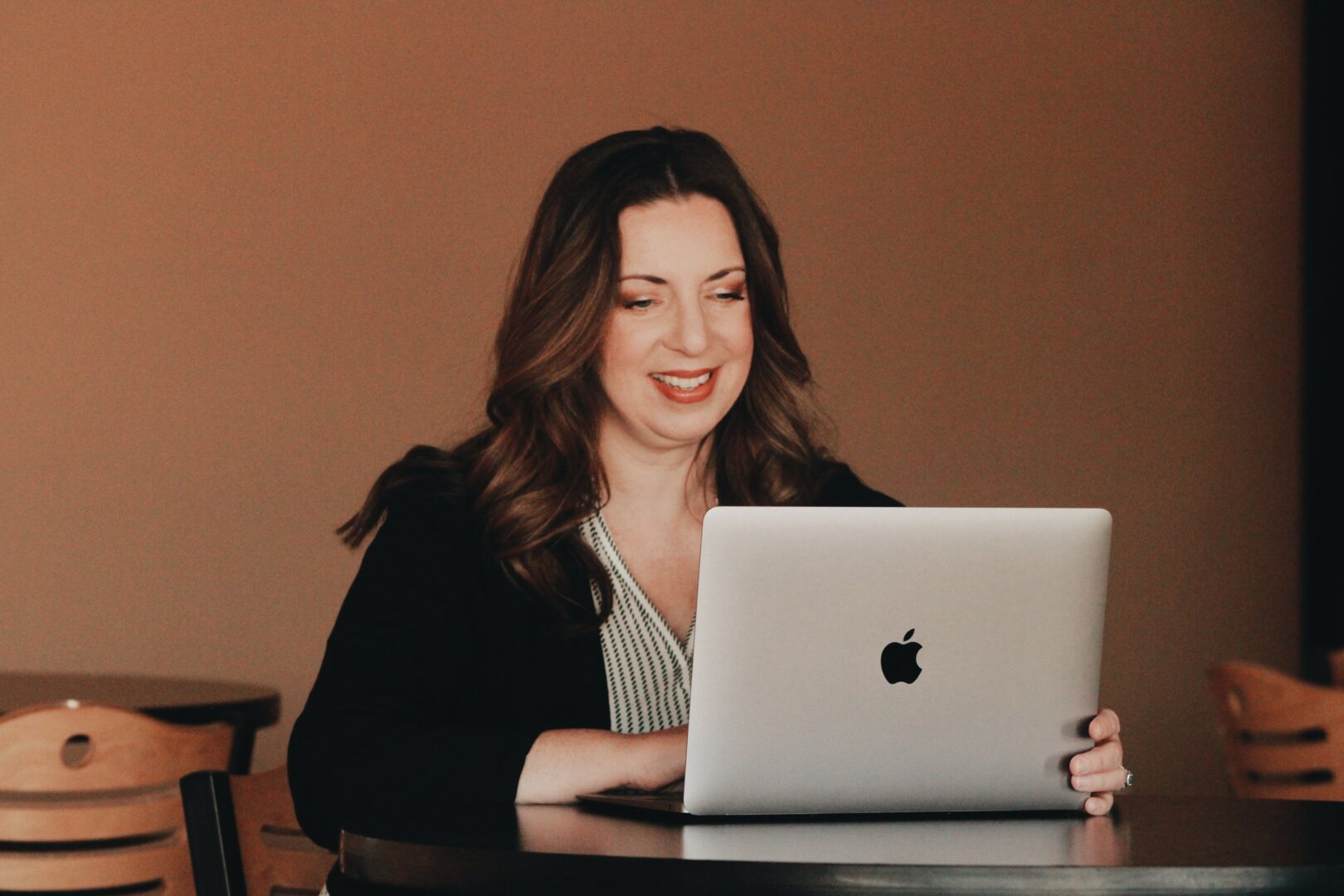
There is so much advice out there about all the different skills and qualities folks need to develop in order to succeed in today’s highly competitive environment and often it can feel overwhelming. So, if we had to break it down to just the three that matter most, which three skills or qualities would you focus on?
This question is tough because, honestly, so many good ones come to mind. But if I had to narrow it down, these three are probably at the heart of my growth, and what I see in people doing the real work.
I’d first say you need to know yourself and trust yourself. That starts with self-awareness, but doesn’t end there. You can’t just stop at noticing the surface-level stuff, you have to have a deeper honesty about how you show up, what drives you, what’s holding you back, and what masks you’ve been wearing just to feel safe or accepted.
An honest and healthy reflection should also give you the kind of view where you can name your strengths without arrogance and face your flaws without shame. That level of awareness with grounded humility is what opens the door for real transformation.
Once you begin to really see the patterns that have held you back, it’s time to do the weeding and pruning. That process is so personal and will take some serious self-trust as you navigate beyond who you’ve been, into who you are meant to be.
If you’re early in your journey, don’t stop at observation… go deeper. Ask, “Why is this here?”. Ask, “Who told me this is who I had to be?”. And then don’t be afraid to answer honestly.
Next, I’d have to say, developing a healthy and strong mindset. One rooted in love and curiosity. Because our mindset is the foundation of our inner world, and affects how we show up in life.
When I was younger, my mindset was shaped by fear. I had to read the room, anticipate emotions, and shrink myself to feel safe. But mindset, when it’s rooted in love, not fear, is what gives you the freedom to stop living in reaction and start living with intention.
One of the most powerful shifts I ever made was realizing: You don’t have to believe everything you think. Your thoughts aren’t facts. And if you never pause to examine them, they’ll quietly run your life.
That’s where curiosity comes in. Curiosity helps you stop making fast judgments, both about yourself and others. It helps you ask, “What else could be true here?” instead of jumping to conclusions. It also allows you to hold space for perspectives other than your own.
This shift affects how you communicate, too. Because when your mindset is rooted in fear or unworthiness, you’ll speak from defense. But when it’s rooted in love and curiosity, you listen more deeply. You connect instead of control.
It’s even true of how you communicate with yourself. Your self-talk often reflects what you believe about your own capabilities, value, and worth. When you view yourself through the lens of curiosity and love, that voice begins to change.
Curiosity and love empower us to move forward, rather than hold back. In many ways, they open up a whole new world of possibilities, freedom, and joy.
My advice: don’t just focus on trying to think “better” thoughts. Ask where your thoughts come from. Ask whether they’re serving love or fear. And practice slowing down long enough to let curiosity lead the way.
Because it’s not just about what you believe, it’s about how those beliefs are shaping the way you think, speak, listen, lead, and live.
It was difficult to choose a third, but I’m going with grit. The grit that comes from knowing, deep down, that you are worthy of your passion, your goals, your voice. It’s refusing to quit, even when the world (or your own mind) gives you every reason to.
Not the belief that you always win or have it all together, but the belief that what’s inside you is worth fighting for. A grit that’s rooted in hope and purpose.
Real grit isn’t about proving anything to the world. It’s about not abandoning yourself when things get hard.
If you want to grow grit, start by refusing to let self-doubt be the final voice. Keep the promises you make to yourself, even if it means getting back up after you’ve stumbled. This is where self-trust and self-assurance are built.
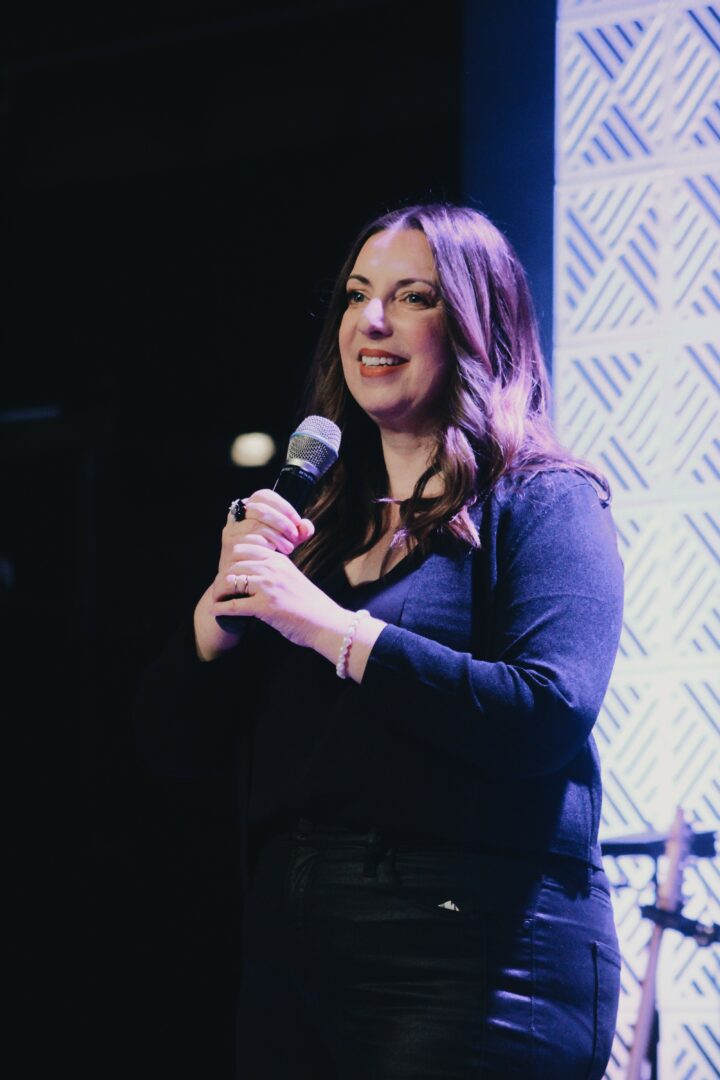
Before we go, any advice you can share with people who are feeling overwhelmed?
Lately, I’ve had to answer that question in real time, because I’ve actually been in a season of overwhelm.
Not all overwhelm comes from negative things. Some of it has come from the good… new growth in my business, two high schoolers (one about to head to college), and a schedule that’s been nonstop.
But we’ve also walked through some losses recently, and all of it together… it’s a lot.
Growing up with ADHD, overwhelm felt like my default setting. It took me years to realize I wasn’t lazy or broken; I just hadn’t learned how to work with my brain yet.
These days, the first thing I do is call it what it is. Because pretending I’ve got it all together just makes it worse.
From there, I try to be intentional so I don’t get taken under by the waves. Some days it still feels like survival, but I’m learning not to just power through it on autopilot.
I go to God. I let Him ground me first.
Then I fight the urge to isolate, and I reach out to my support system. They might not be able to carry the load, but sometimes it helps just to talk to someone who gets it.
I also have to remind myself not to put my own needs on the backburner. Especially as women, I think that’s something we tend to do when life gets overwhelming. We start taking care of everything else and forget to take care of ourselves.
But we can’t keep showing up if we’re running on empty. So for me, that means making sure I’m sleeping, getting in a little movement, actually eating (not just grabbing food while I’m rushing around), and doing small things that help me feel human again.
I also have to give myself some grace.
I can’t expect myself to function at 100% when life’s at 150%.
Sometimes that means adjusting my expectations… not as an excuse, but as a way to stay grounded.
It’s about being honest with what I have to give right now, and not beating myself up for it.
Maybe the laundry didn’t get put away today… but hey, at least we have clean socks. (Or do we?)
It’s not about getting it perfect.
It’s about staying honest, staying connected, reaching out for help when I need it, and remembering:
I can be in a hard season without losing myself in it.
Contact Info:
- Website: https://www.tiffanynixon.com
- Instagram: https://www.instagram.com/tiffanynixoncoaching
- Linkedin: https://www.linkedin.com/in/tiffanynixoncoaching
- Other: tiktok: https://www.tiktok.com/@tiffany.nixon

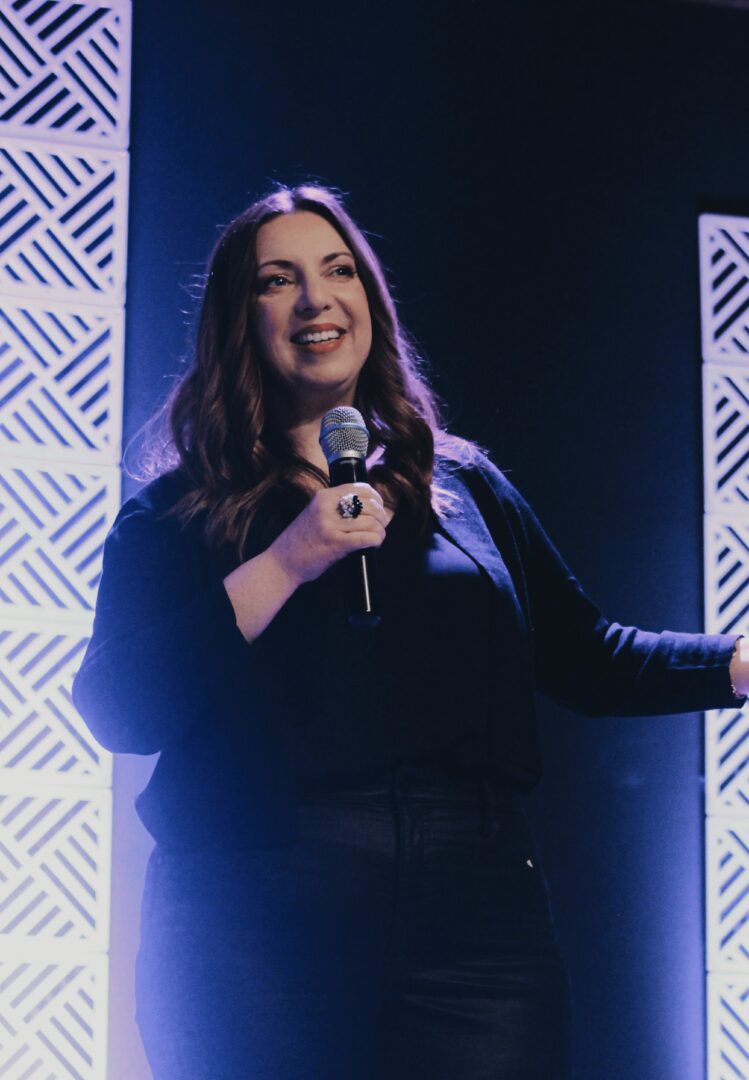
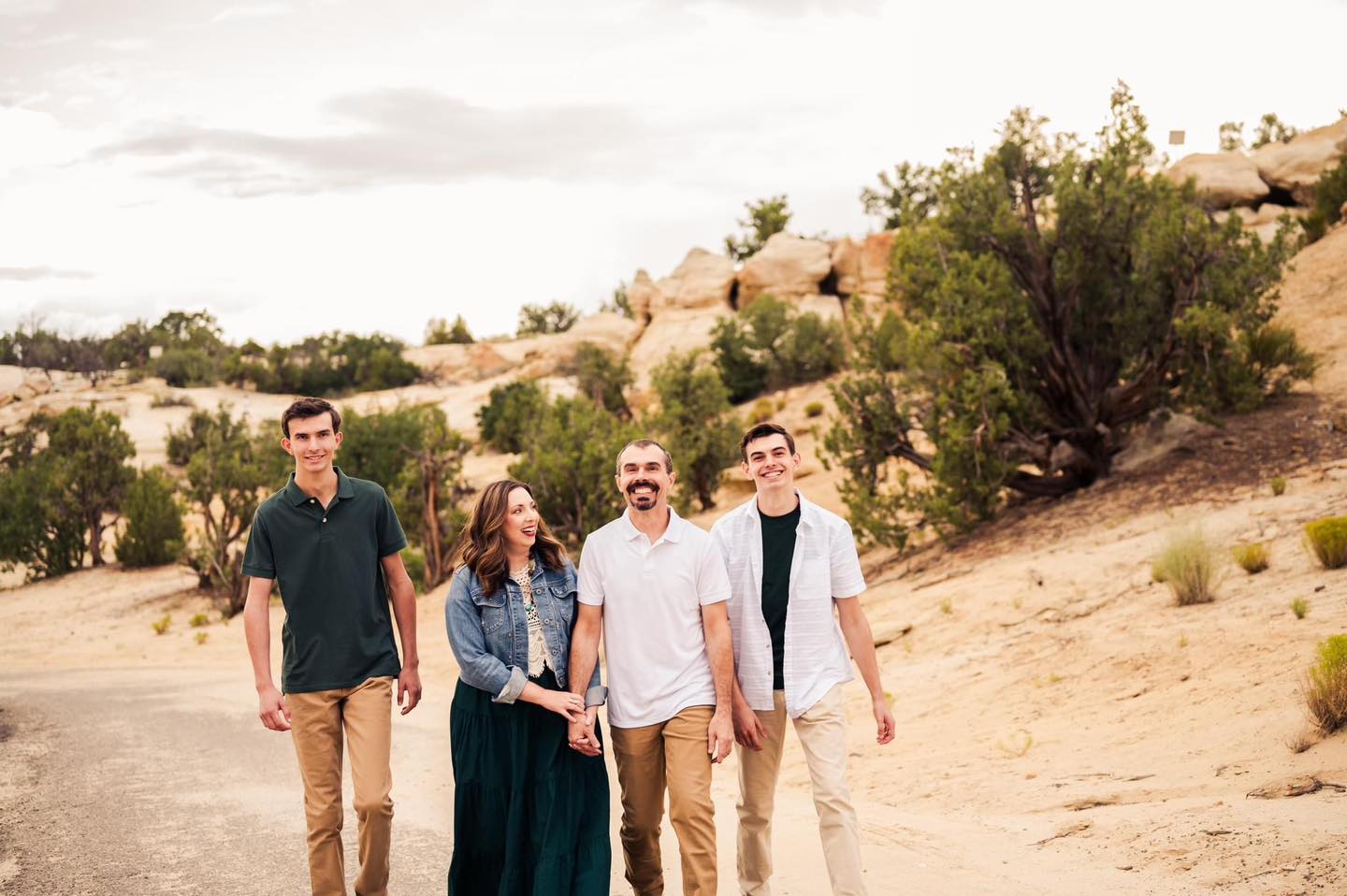
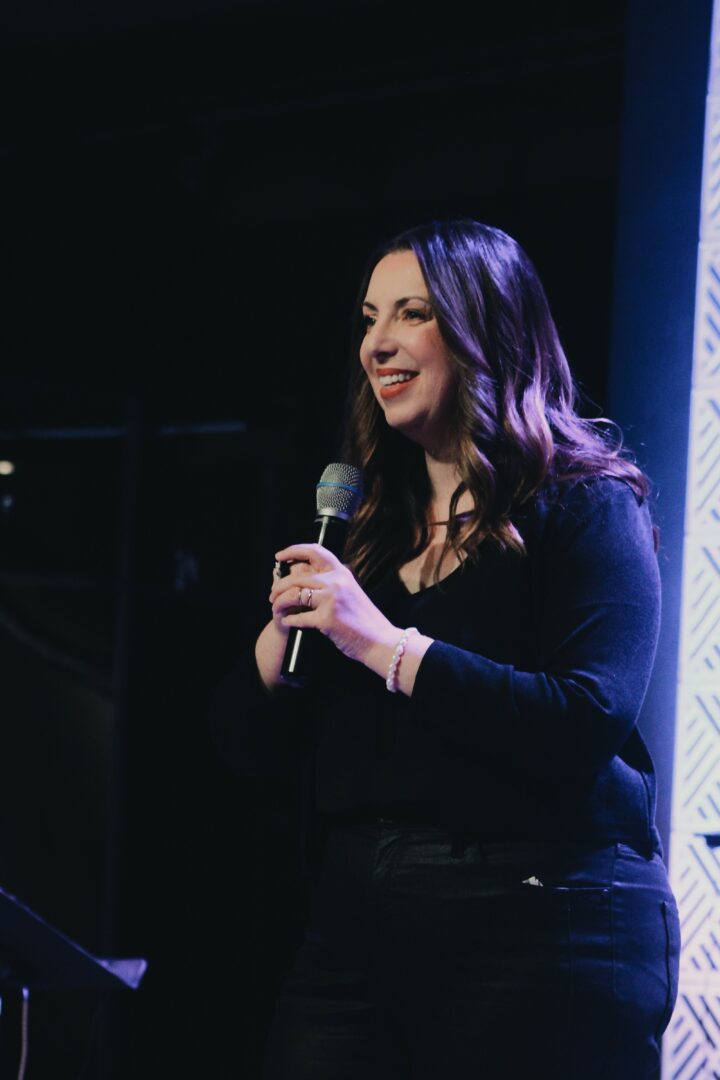
Image Credits
Erin Gamboa.
Injoy Photography, Danielle Morales.
so if you or someone you know deserves recognition please let us know here.



